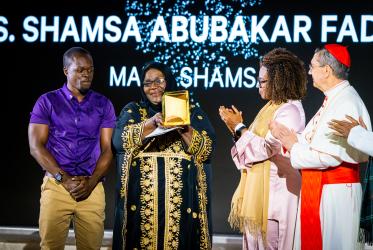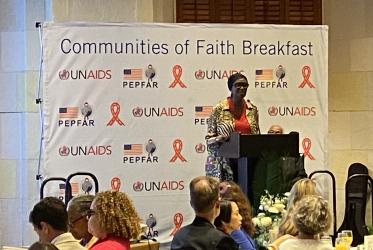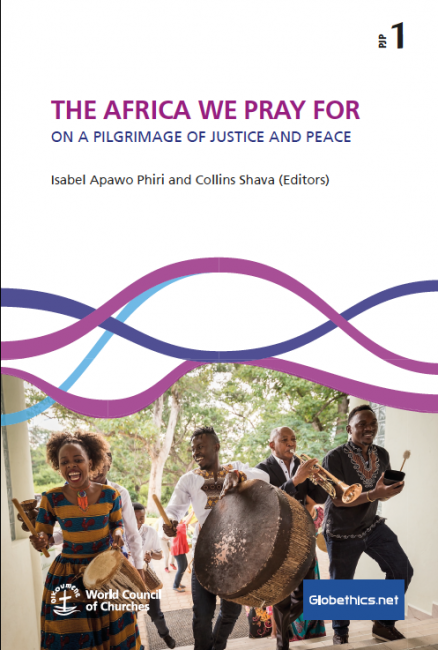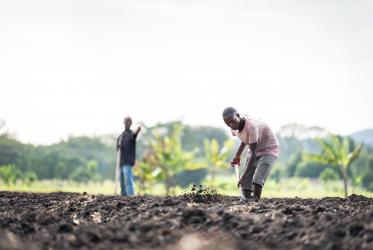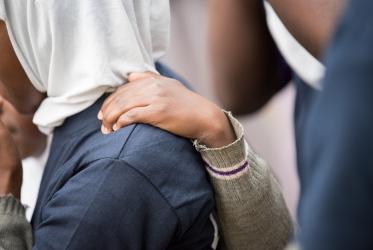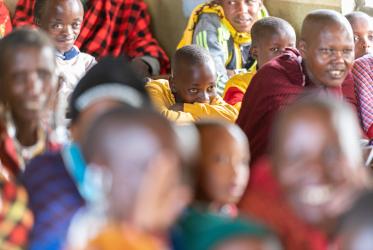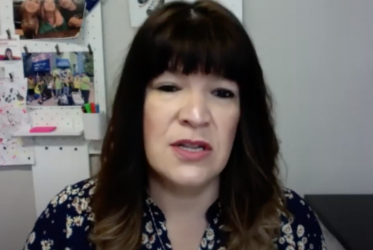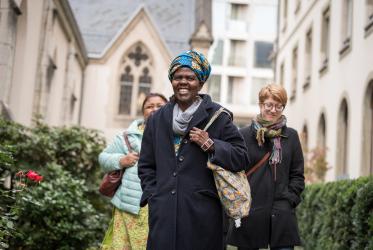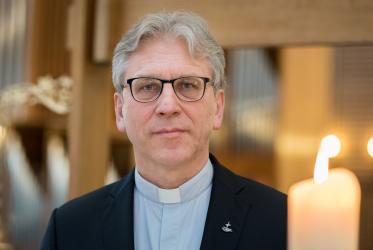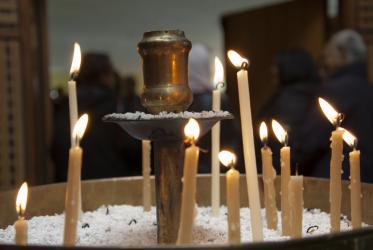Displaying 1 - 20 of 71
14 February 2023
Scottish and UK religious leaders call for urgent climate action
20 September 2021
Churches in southern Africa stand against violence, xenophobia
10 October 2019
Dr Saïd Ailabouni: God is on the side of rejected, oppressed, occupied
12 September 2019
Dealing with traumas and healing of wounds
04 June 2019
